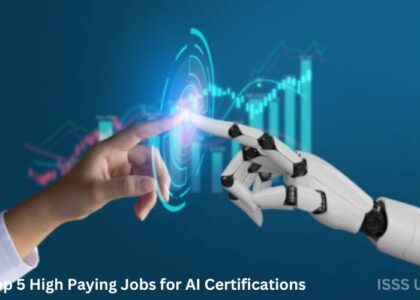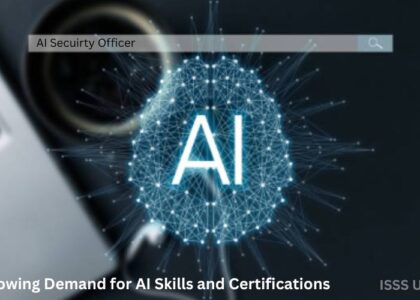To future-proof your career in 2025, particularly in the realm of AI security, it is essential to understand the evolving landscape of cybersecurity and artificial intelligence. Here are key insights and actionable steps to consider:
Understanding the Landscape
Current Challenges
- Cybersecurity Workforce Gap: There is a significant shortage of cybersecurity professionals, estimated at nearly 4.8 million globally, which indicates a robust demand for skilled individuals in this field.
- Evolving Threats: Predictions for 2025 highlight an increase in sophisticated cyberattacks, particularly targeting critical infrastructure and leveraging AI for more effective phishing and ransomware attacks.
AI’s Role in Cybersecurity
- Detection and Prevention: AI technologies are becoming crucial for detecting fraud, monitoring unusual behavior, and blocking cyberattacks in real-time. Industries such as IT, banking, and healthcare are particularly benefiting from these advancements.
- Automation: The shift from chatbots to agent-driven approaches in cybersecurity will enable organizations to automate threat detection and response, enhancing overall security posture.
Skills to Acquire
To remain competitive and secure a position in AI security by 2025, consider focusing on the following skills:
- Artificial Intelligence and Machine Learning: Understanding these foundational technologies is essential as they are integral to developing security solutions.
- Natural Language Processing (NLP): With the rise of conversational AI applications, skills in NLP will be invaluable for enhancing user interactions and automating customer service.
- Data Science and Analytics: Proficiency in data analysis will help in making informed decisions based on security metrics and trends.
- Cybersecurity Fundamentals: A solid grasp of cybersecurity principles will enable you to understand vulnerabilities and defenses better.
- AI Ethics and Bias Mitigation: As AI systems proliferate, knowledge of ethical considerations will be critical to ensure responsible use of technology.
Career Pathways
Potential Roles
- AI Engineer: Focused on creating AI models that can improve security measures.
- Machine Learning Engineer: Specializing in developing algorithms that detect anomalies or threats.
- Cybersecurity Analyst: Responsible for monitoring systems for breaches and implementing security measures.
Continuous Learning
Engaging in ongoing education through courses, certifications, and hands-on projects will be vital. Platforms offering training on AI technologies, cybersecurity practices, and ethical considerations should be prioritized.
Conclusion
As we move into 2025, the intersection of AI and cybersecurity presents both opportunities and challenges. By acquiring relevant skills, understanding industry trends, and embracing continuous learning, you can position yourself effectively within this dynamic field. Embrace the evolution of technology with a proactive mindset to ensure your career remains resilient against future changes.
Enquire more about Certified AI Security Officer training





